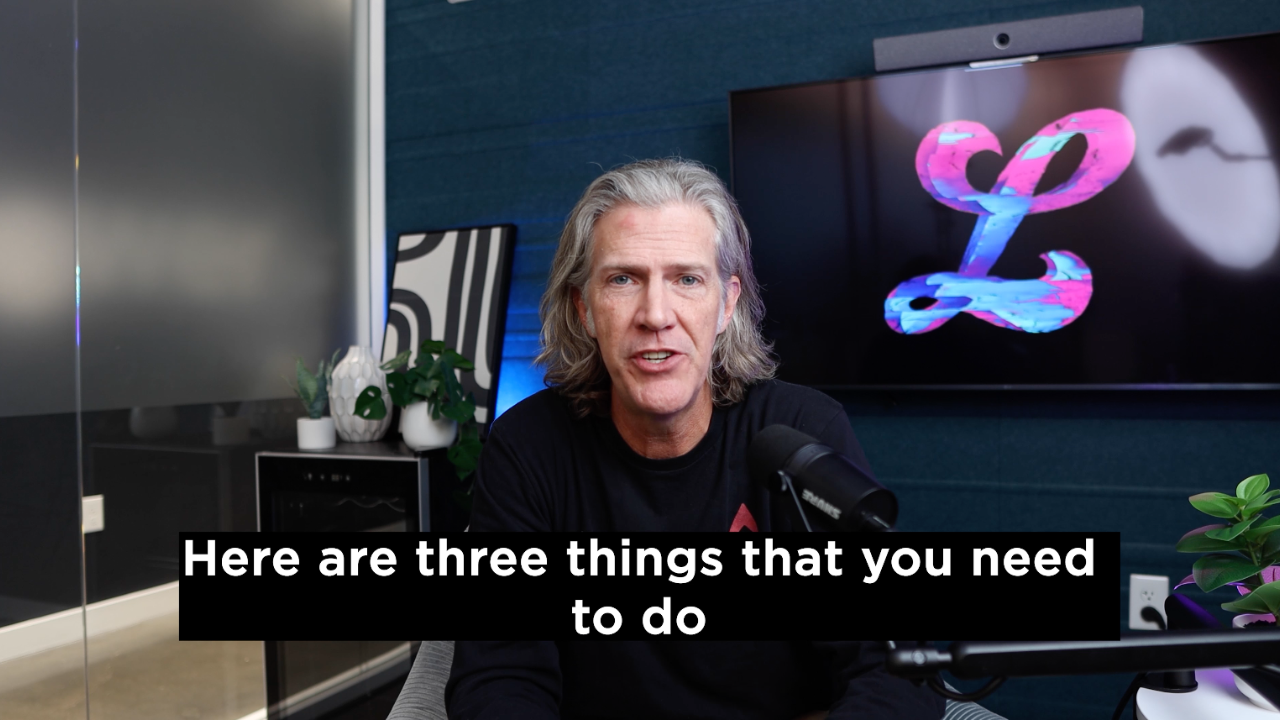Before You Shop
In addition to saving for your down payment, you also need to be getting your debt and savings in order for the big financial event that lies ahead.
1. Tidy up your finances.
You’ll want to clear as many debts as possible before you start shopping for a home. Your debt-to-income ratio is a significant factor when your lender determines how much mortgage you can afford, but it’s not the only reason to pay down debt before you buy a house.
Lower monthly bills will give you space to adjust to your new budget as a homeowner. Plus, having plenty of room on your credit cards gives you the flexibility to deal with an emergency, like a leaky roof or a burst sewer pipe.
You’ll also want to have a dedicated emergency fund in place before you commit to a mortgage. Your savings account should have enough to cover three to six months of expenses in case a crisis disrupts your income.
2. Be honest about your budget.
How much house can you afford? Online mortgage calculators can help, but they're not very specific, and every family’s budget is different.
Calculate what you can afford to spend on a house payment without drastically impacting your quality of life in other areas. It’s easy to imagine that you’ll be so blissful in your new home that you’ll be willing to give up dining out, entertainment, or travel—but planning for too many sacrifices could lead to resentment or a financial crisis down the road.
Before you start shopping for a home, get your financial house in order. Take a hard look at your budget to see what’s truly affordable for your family.
Getting Pre-approved
In today’s market, many realtors won’t agree to show you any houses unless you have a pre-approval letter in your hand. The process is good for you as a homebuyer too, because you’ll be more confident about your price range once you’re approved.
3. Find your lender. (Hi, we're Lower.)
Even small differences in interest rates can make a big impact on the total amount you’ll repay on your home loan. We've made it easy at Lower.com to compare rates—you can even get pre-qualified and see your specific rate without it impacting your credit. We’re here when you’re ready.
4. Get pre-qualified first.
Especially for a first-time homebuyer, it’s important to get pre-qualified before you shop.
A loan pre-qualification is different from a loan pre-approval. With pre-qualification, you self-report your income, debts, and other financial information to get a sense of how much you’ll qualify for.
The advantage of a pre-qualification is there’s usually no inquiry on your credit report. Having too many inquiries can lower your credit score, which makes it harder to get a lower rate on your mortgage.
After getting pre-qualified, you can begin the pre-approval process. Getting pre-approved gives your real estate agent a solid price range to work from, and elevates you as a serious borrower when it comes time to put in an offer on a home.
5. Stay (financially) safe.
It can take months of good financial behavior to pay off debt, save up your emergency fund, and prepare your down payment. Once you’re pre-approved, you may be tempted to celebrate with a big purchase you’ve been putting off—but don’t get carried away. Your finances will be under the microscope again when it’s time for your loan to close. Your pre-approval isn’t guaranteed, especially if your financial situation changes. It’s not impossible for homebuyers to be denied a pre-approved mortgage because they bought a car or ran up their credit cards between pre-approval and close.
Getting pre-approved gives your agent a firm idea of what you qualify for, and shows sellers you're serious. It might just be a deal maker.
Hunting for the Perfect House
Once you have a clear budget and a pre-approval letter in your pocket, it’s time for the fun part—house shopping.
6. List your needs and wishes.
The clearer you are about what you need, the less likely you are to be tempted by a beautiful house that won’t make you happy in the long run. Make a list of absolutely non-negotiable items and a second list of features you want but are willing to forego for the right property.
Remember that some things can be changed or added after you move in, like a fence around the back yard or white kitchen cabinets. Focus on the things that are hard or impossible to change. How far are you willing to travel for work? How much space do you absolutely require? How many cars do you need to park (or will you need to park, if you have a child approaching driving age)?
7. Trust your gut—to a point.
Your emotional response to a house is important. After all, you’ll be making memories in this house for years, and it will become part of your image and identity. The right house should feel good to you.
But, at the same time, you have to keep your emotions in check. Don’t commit to a house you can’t afford or one that doesn’t meet your needs just because you find it beautiful. (That’s probably not your only requirement.)
Keep looking until you find a house you love that also checks all your boxes.
8. Explore the neighborhood.
The neighborhood you choose to settle in could be a significant factor in your quality of life. Check out the crime rate, and if you have children, read about the local schools online before you commit.
A good tip is to visit the neighborhood during the day, and then again at night. Keep your eyes peeled—who are your neighbors? Are there people out and about in the neighborhood? Also check out any nearby resources that are important to your lifestyle, such as churches, gyms, yoga studios, or daycare centers.
And, last but not least, check the final price of recent home sales in the neighborhood to see whether real estate has been trending up or down over the previous few years. You probably don’t want to make an investment in a downward-trending area.
9. Spring for an inspection.
Once you’ve found a house you’d like to buy, you’ll most likely want to arrange for a home inspection. You'll be required to get an appraisal later, but this inspector works for you. The service will cost you about $200, but could potentially save you thousands.
Walk around the property with the inspector and take notes. Ask lots of questions. A good inspector can tell you about the condition of the roof, sewer, furnace, and structure of the house. They may also give you advice on drainage and other tips to maintain the integrity of the home in the future.
10. Get estimates.
If your inspector spots something big, like a sewer or roofing issue, you can either ask the seller to repair it before the sale or ask for a credit so you can handle the repair later.
Before you sign on the probably-not-dotted line, ask the seller if you can bring in a contractor to get a repair estimate so you know what the costs will be. It’s also completely normal for the seller to choose to get their own estimate if they feel your expert is quoting too high.
The right house may not be 100% perfect, but it should feel good to you. When you imagine living there, are you excited?
Making Your Offer
Once you’ve narrowed down to the perfect place, it’s time to make the sellers an offer they can’t refuse. That doesn’t necessarily always mean offering more money—there are other tips to making a great offer.
11. Make a specific offer.
The asking price of the house gives you an idea of what the seller hopes a buyer might pay. Your opening bid should be based on that number, combined with your market research and what you can afford to pay.
Ask your agent to help you put together an offer that’s competitive but won’t insult the seller and cost you the deal. Your realtor can help you analyze comparable homes in the area and cost per square foot to come up with a reasonable bid.
One tip to consider—try to start with a very specific amount for your opening bid instead of a round number. For instance, a number like $XXX,X85 instead of $XXX,X00. This tactic gives the impression of a well-thought-out and very firm offer.
And when in doubt about making an offer, always ask your expert negotiator—your real estate agent. Before your offer is finalized, double check with your loan advisor to make sure the numbers work.
12. Negotiate creatively.
Remember that home buying is all about negotiation.
When the seller comes back with a counter-offer, try not to rely solely on your realtor’s opinion, especially if it’s just to accept the terms and move on.
In negotiations, it’s usually wise not to make concessions without asking for something in return. In a real estate transaction, price is only one piece of the deal. For instance, you might accept a lower price but ask the seller to cover closing costs or provide a home warranty for the first year.
A highly specific bid shows your offer is well thought out and your price is firm.
Moving In
You’ve got the keys to your new kingdom. Now, you’ll want to make sure you’ve dotted your i’s and crossed your t’s.
13. Change all the locks.
That set of keys you get at closing might be new to you, but you don’t know how many other people have been given the same keys over the years. To make sure your new place is secure, you’ll want to change the locks right away. This is an easy task if you’re handy with a screwdriver, but you can pay a locksmith if you don’t want to do it yourself.
14. Take care of maintenance.
If the house has been on the market for a while, it may be overdue for routine maintenance. Getting the gutters cleaned, the furnace and air conditioner serviced, and the chimney inspected could save you expensive repairs down the road.
Painting or refinishing floors will be much harder once the rooms are full of furniture and rugs, so schedule any necessary updates before you move.
15. Check on taxes.
Call your tax office and ask if there’s anything you need to do to ensure that you’re taxed at the right rate. If the house has been bank-owned or used as a rental, filing paperwork for an owner-occupied exemption can cut your taxes in half.
Be sure to check your tax assessment to make sure it’s reasonable. Verify details like the square footage and lot size, and check the assessed value against what you just paid. If you think the property taxes are too high, you can file for a reduction.
16. Consider a survey.
A survey is an inspection of the boundaries of your property. Depending on the state your property is located, some states require a survey and it’s included in the title work. Even if it's not required, you may consider getting a survey of your property.
Your surveyor will update the property map, mark the boundaries of your land, and certify their results. If you weren’t required to get your property surveyed during the closing process, you might want to schedule one after the close.
An up-to-date survey can help you avoid conflicts with neighbors. It will also help you understand where the utility easements are on your property, and could be useful in getting building permits if you decide to add a garage or other structure.
Our best advice? As soon as you get the keys, you’ll want to take care of maintenance, improvements, and taxes right away.
Buying a home should be fun
Buying a home is a big commitment, but it should also be a thrilling adventure. If you start from a position of financial strength, and you’re clear about what you want (and what you can afford) you’ll skip the stress and keep the process positive.
Now that you’re ready to get started, let’s do this.

















.svg)

.svg)














